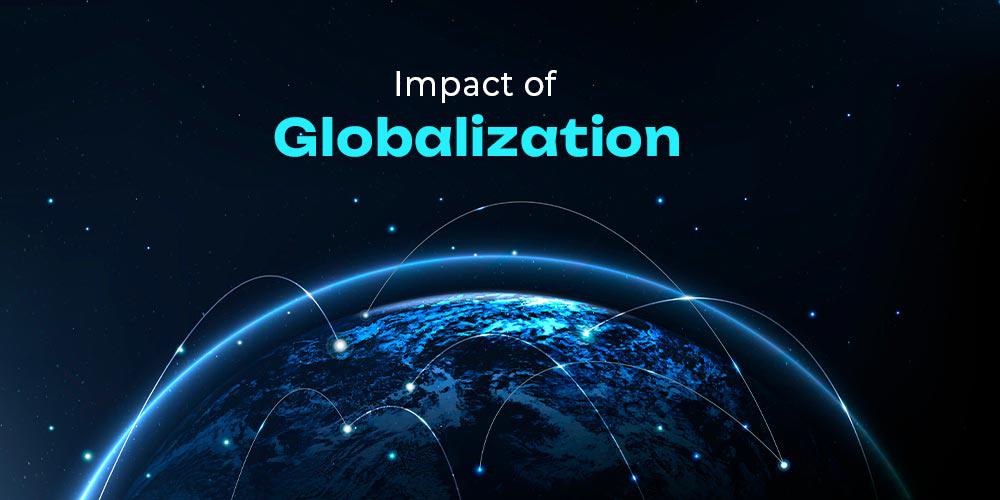How Podcasting Has Evolved: From Niche Hobby to Global Phenomenon
In the early 2000s, the term "podcast" was unfamiliar to most people. Fast forward to today, and podcasts have become a cornerstone of modern media, with millions of episodes available on every topic imaginable. The evolution of podcasting is a fascinating journey that reflects changes in technology, culture, and consumer behavior. Let’s take a closer look at how podcasting has transformed over the years.
The Humble Beginnings: A Niche Medium
The concept of podcasting emerged in the early 2000s, combining the words "iPod" and "broadcast." It was a revolutionary idea: audio content that listeners could download and enjoy on their own time. The first podcasts were often amateur productions, created by tech enthusiasts and early adopters who saw the potential of on-demand audio. These early shows were niche, focusing on topics like technology, politics, and hobbies.
In 2005, Apple added podcast support to iTunes, giving the medium a significant boost. Suddenly, podcasting became accessible to millions of iPod users. However, it was still a relatively underground medium, with limited audiences and production quality.
The Rise of Storytelling and Serialized Content
The mid-2010s marked a turning point for podcasting. Shows like Serial, which debuted in 2014, demonstrated the power of podcasting as a storytelling medium. Serial captivated millions with its gripping true crime narrative, proving that podcasts could be more than just talk shows or interviews. This era saw the rise of high-quality, serialized content that appealed to a broader audience.
Around the same time, advancements in recording technology and editing software made it easier for creators to produce professional-sounding shows. This led to an explosion of new podcasts, covering everything from history and science to pop culture and self-help.
Mainstream Adoption and Big Players Enter the Scene
As podcasting grew in popularity, major media companies and celebrities began to take notice. In 2017, Spotify made a bold move into the podcasting space, acquiring podcast networks and exclusive rights to popular shows. Other tech giants, like Apple and Google, also invested heavily in podcasting platforms, making it easier for listeners to discover and stream content.
Celebrities and influencers started launching their own podcasts, bringing even more attention to the medium. Shows like The Joe Rogan Experience and Armchair Expert attracted massive audiences, further cementing podcasting as a mainstream form of entertainment.
The Golden Age of Podcasting: Diversity and Innovation
Today, podcasting is in its golden age. There are over 5 million podcasts available worldwide, catering to every imaginable interest. The medium has become incredibly diverse, with voices from underrepresented communities gaining prominence. Podcasts are no longer just about entertainment; they’re also a platform for education, activism, and connection.
Innovation has also played a key role in podcasting’s evolution. Interactive features, live podcast recordings, and video podcasts have expanded the possibilities for creators and listeners alike. Additionally, advancements in AI and machine learning are helping to personalize recommendations, making it easier for listeners to find content they love.
The Future of Podcasting
As we look to the future, podcasting shows no signs of slowing down. Emerging technologies like spatial audio and virtual reality could transform the way we experience podcasts. Meanwhile, the rise of niche communities and hyper-local content suggests that podcasting will continue to cater to diverse audiences.
Monetization strategies are also evolving, with subscription models, premium content, and dynamic ad insertion offering new revenue streams for creators. As the industry matures, we can expect even more innovation and creativity in the world of podcasting.
Conclusion
From its humble beginnings as a niche hobby to its current status as a global phenomenon, podcasting has come a long way. It has democratized storytelling, given a voice to underrepresented communities, and reshaped the way we consume media. As technology and culture continue to evolve, so too will podcasting, ensuring its place as a vital part of our media landscape for years to come.
What's Your Reaction?




















.jpg)